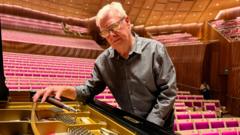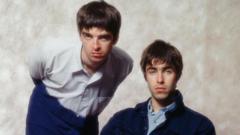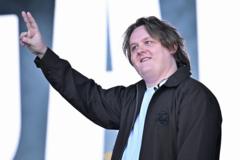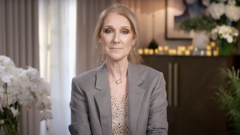**Terry Harper, whose father laid the groundwork for the family's piano tuning legacy at the Sydney Opera House, has announced his retirement after half a century of service. His career has spanned the venue's vibrant history, contributing to its artistic ambiance while tuning pianos for countless performances.**
**Terry Harper: The Sydney Opera House Piano Tuner Bids Farewell after 50 Years**

**Terry Harper: The Sydney Opera House Piano Tuner Bids Farewell after 50 Years**
**After five decades of tuning pianos at the iconic Sydney Opera House, Terry Harper retires, leaving behind a rich legacy.**
After half a century of dedication to the renowned Sydney Opera House, Terry Harper is retiring, marking the end of a distinctive chapter in the venue's storied history. Known as the maestro behind the tuning of its pianos since its inauguration over 50 years ago, Harper’s legacy is deeply rooted in both family and music.
Reflecting on his early memories of the Opera House, Harper describes a time when it was still taking shape, with much of its interior still unadorned. "The sails were up, but it was all very bare," recalls the 69-year-old, a sentiment that conjures images of a burgeoning artistic space that would soon welcome countless musicians and world leaders.
Harper’s connection to the Opera House began with his father, Ron Harper, whose tuning expertise was called upon during the venue’s early days. After studying piano tuning himself, Terry joined his father in 1976, eventually taking over his work when Ron retired a decade later. Harper built a reputation for his remarkable ability to tune pianos by ear, ensuring that each of the 30 pianos within the venue remained in perfect harmony for notable performers.
The process of tuning pianos is meticulous; it can take up to 90 minutes per instrument, with each piano needing tuning before numerous performances. Harper compares the pianos to “F1 racing cars,” needing constant attention to maintain their sound, especially during grand concertos. His dedication included early mornings and late nights, a demanding schedule that drew him deeper into the heart of a building many consider a masterpiece of modern architecture.
Despite the challenges of his profession, Harper cherished his role, often mingling with celebrated musicians while enjoying special access to performances. Reflecting on his journey, he speaks fondly of the Opera House and its integral role in his life. “For me, it’s a very happy place. It’s pretty much been my life,” he remarks.
As Harper prepares to retire, he notes a bittersweet mix of emotions. While he plans to step away from the tuning business, the legacy of the Harper family in the Opera House will come to a close, as his son has chosen different career paths in technology. The Opera House is currently seeking a new contractor for piano tuning, which Harper believes might involve multiple technicians to fill his shoes.
Despite leaving, Harper's affection for the venue remains, and the sense of camaraderie he felt with his colleagues will be sorely missed. “Piano tuners, we're fairly solitary,” he acknowledges. “But I've always had the camaraderie of all the people that work here.” As he takes his bow, the sound of a perfectly tuned piano shall serve as a reminder of his invaluable contributions for years to come.




















